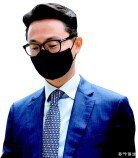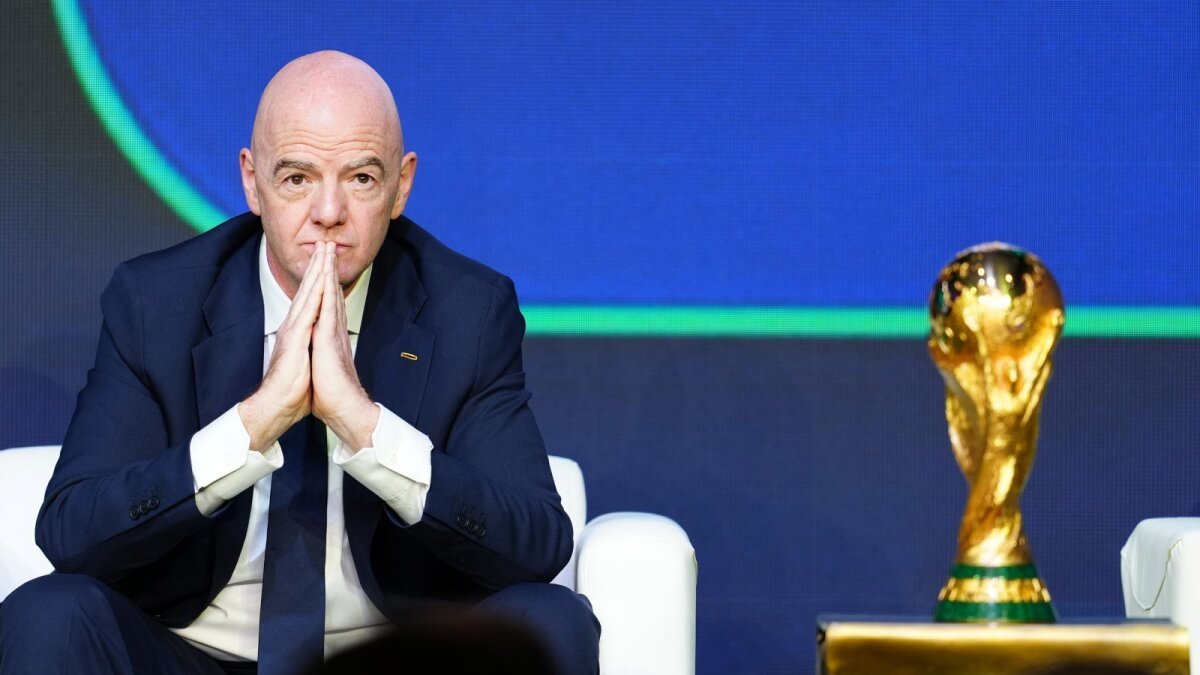Political Parties Targeting Students
Political Parties Targeting Students
Posted July. 29, 2006 03:00,
With the decline of student activism led by the Korean University Student Council Coalition, known in Korea as Hanchongryon, university students with diverse political inclinations are directly turning their eyes to existing political parties.
This is the result of new-generation students that place importance in their own individual personality on campuses where the struggle for democratization has lost merit, and the desire of political parties to spread their supporting base meeting each other.
The leader in this field is the Democratic Labor Party (DLP), which has approximately 6,000 members throughout about 80 universities in Korea. Aiming for next years presidential elections, both the Uri Party and the Grand National Party (GNP) have decided to establish university student organizations soon.
Unhesitant Voices
Kim Chi-eon, a 22 year-old junior at Ewha Womans University and the GNPs 2030 Committee vice-chairperson asked, Will it make any difference by sitting and chanting slogans to solve the university tuition fee crisis? Composed mainly of university students, this committee submits suggestions that are agreed at their monthly meeting. Kim said, Im satisfied in that we directly deliver our own voices.
Another Ewha Womens University senior, Ms. Kim, who participates in the Uri Party affiliated Uri Party Foundation, commented, Student activism linked to political parties is an alternative to belligerent student activism.
The DLPs student committee takes various forms, ranging from press briefings to legislative actions. Last year, it searched undemocratic school rules and filed them to the National Human Rights Commission.
Under such circumstances, the foothold of existing student activists is shrinking even more.
Recently, Hanchongryon and the Korea University Students Coalition, called as Handaeryun, usually affiliate with outside civic organizations and voice their arguments by participating in demonstrations that oppose the Korea-U.S. FTA or the relocation of USFK bases to Pyeongtaek. It is virtually impossible for them to hold their own massive rallies or create new issues to discuss.
Problems of University Student Political Organizations
The DLPs student committee consists of genuine party members. They are part of the pyramid-shaped party hierarchy that ranges from the central party, management committee, executive committee, and student committees in different universities. The headquarters of the DLP University Committee virtually holds meetings every day, while the management committee holds two meetings per month. They even read books written by DLP members and discuss about the direction that a liberal party should take.
The DLP student committee denies a vertical subordinate relationship with the DLP, and the DLP agrees with this. However, the problem is that often they keep a tight relationship with political parties that have entered the mainstream but tend to follow the same radical steps as does existing student activists.
They have participated in demonstrations where violence was rampant, such as anti-FTA and Pyeongtaek rallies. They also exposed their belligerent violence by leading a demonstration to interrupt the presentation ceremony presenting the honorary doctorate to Samsung Group Chairman Lee Kun-hee, last year at Korea University.
In this aspect, some point out that the DLPs student committee is a modified version of traditional student activists that in reality learns violent demonstrations, rather than discussing policies and being part of a political party.
In contrast, Uri Party and GNP plan to create student organizations soon, but to focus on acquiring popularity. Uri Party will soon group a task force and seek methods to link regional party branches with universities in the same region. It is also forecasted that active lawmakers will write contributing articles to university papers. GNP will fully reorganize the 2030 Committee, which barely exists, by filling up committee staff with university student council members and is currently recruiting more university students.
Will It Be an Alternative to Student Activism?
University student councils are uneasy about the actions of political parties. Chung-Ang University Student Council Vice-president Bong Il-hwan commented, The political views of student can be diverse and ideological but the student council should maintain political neutrality.
However, GNP Lawmaker Shim Jae-cheol said, In the aspect that students and parties can actively engage in mutual communication with each other, it is desirable that students directly participate in the political party that conforms with their ideology. Seoul National University Sociology Professor Lim Hyun-jin expressed concerns, If students do not set their political goals they might only be used for the specific purposes and interests of political parties, and hence shift into student activism headed the wrong direction.
Jin-Kyun Kil ditto@donga.com leon@donga.com



![‘친구’란 말에, 치매 아버지는 고향땅 800평을 팔았다[히어로콘텐츠/헌트①-上]](https://dimg.donga.com/c/138/175/90/1/wps/NEWS/IMAGE/2025/12/14/132961909.1.jpg)

![[천광암 칼럼]장동혁은 계획이 다 있구나](https://dimg.donga.com/c/138/175/90/1/wps/NEWS/IMAGE/2025/12/14/132964515.1.jpg)

